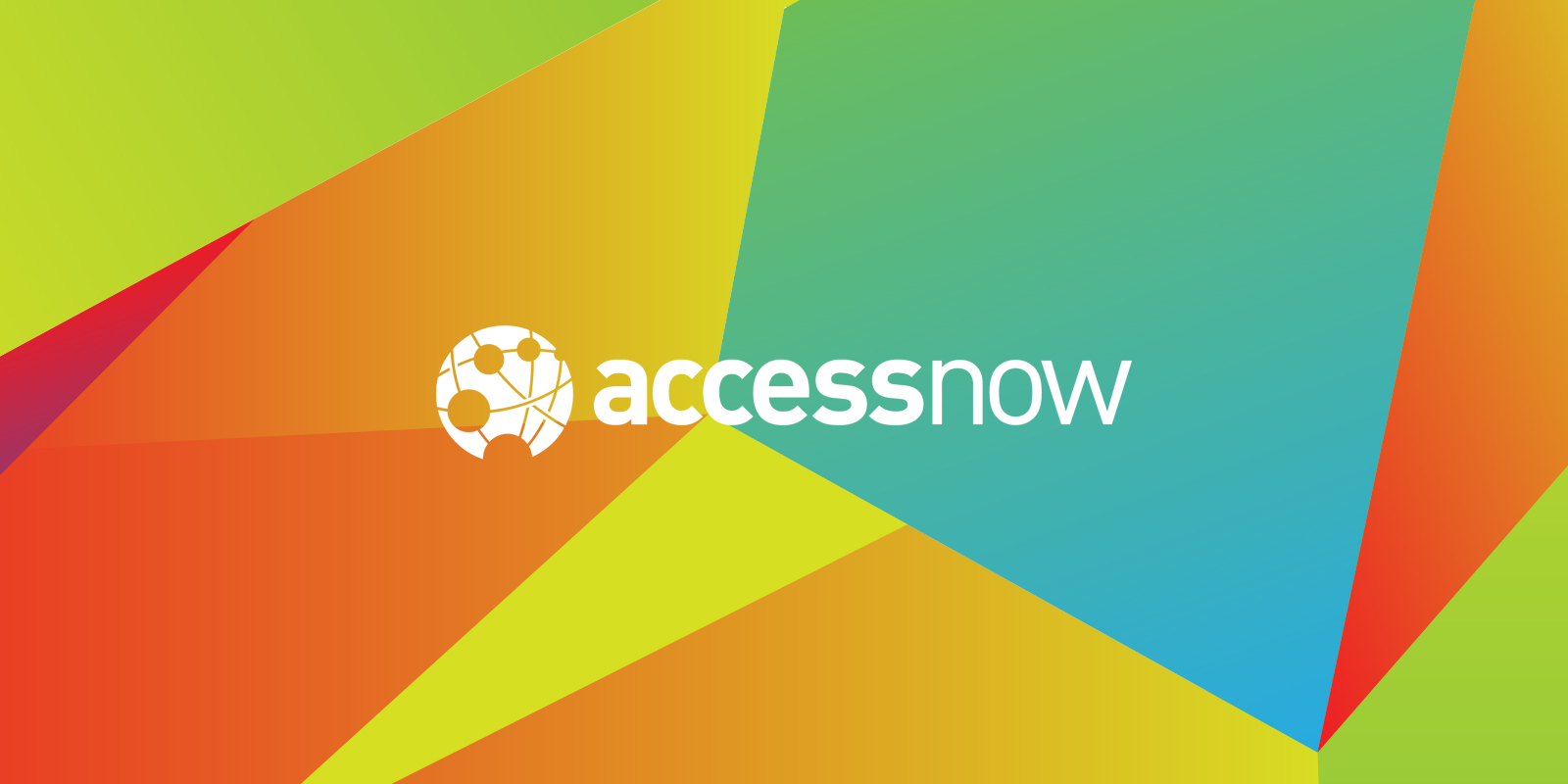Last year, we created a Diversity Working Group (DWG) at Access Now to strengthen our commitment to diversity and empowerment. Our goal is to cultivate a working culture, policies, and programs that are considerate of, reflect, and support our diverse staff and the diverse global community we serve. As a start, over the past several months we have conducted two surveys of our staff to assess our needs and establish baseline priorities for supporting diversity as a global organization.
Who we are reflects our mission: to defend and extend the digital rights of users at risk across the globe. Access Now has a staff of nearly 50 people in more than 10 locations around the world: Berlin, Brussels, Cordoba, Delhi, London, Manila, Nairobi, New York, San Jose, Tunis, and Washington D.C. We maintain four legally incorporated entities, in Belgium, Costa Rica, Tunisia, and the United States. We speak a wide variety of languages, and come from vastly different backgrounds. We are also encouraged to make decisions in a decentralized manner whenever possible, so that our work can reflect local needs and priorities.
In our first survey, we asked staff to share information about their individual experiences with diversity in our operational and programmatic work. In the second, we asked questions to assess the diversity of the staff and to map out areas for improving our organizational support for diversity.
We’re grateful to have received responses from the majority of the staff. These thoughtful responses will help guide our work as we continue to build out an empathetic work culture. In addition, in the process we identified key lessons to help us refine our strategy for defending and promoting a more open and inclusive internet. In other words, our effort to strengthen diversity is feeding directly into our larger mission.
Below, we share some of the findings and thoughts on the process. We’ll keep you updated as we continue to work to foster an organization that supports diversity and the work of our diverse team and global community.
Supporting diversity through work culture and in our programs
We’re an international organization with several regional offices, and the responses to our surveys showed that we need more tools for enhancing cultural sensitivity in our interactions with one another, and for creating safe spaces for working together and sharing opinions. Our staff suggested that we begin by creating or adapting our policies and standards to make them more regionally sensitive. Human rights are universal, but that doesn’t mean that people in every culture or every city have the same conceptual understanding of inclusion, or exposure to language or behaviors to support inclusion. Someone in San Jose, Costa Rica may not have the same sensitivities or needs as someone in Manila, Philippines (we have desks in both cities).
Our staff also stressed the importance of reaching out to other diversity-focused groups; taking care to consistently attend and/or host diversity-geared events; working to build diversity-focused networks; and generally establishing Access Now as a hub for inclusivity in every region that we work. We have already identified two ways to begin that work, while we continue to refine our strategies for achieving these goals. Our Digital Security Helpline has started review of the language for communicating with clients to ensure it is inclusive and considerate of different viewpoints. Our Access Now Grants program, meanwhile, has launched a “Digital Safe Spaces” funding program, which is designed to secure and help amplify the voices of marginalized groups in dangerous environments.
Language for diversity
It’s not only at the Digital Security Helpline that we are focusing on language. Our staff is working together to establish multilingual, neutral, and progressive language guidelines for all of our communications, public and private. We’re looking at sensitive terms such as “global south” and “race and ethnicity,” aware that the social, economic, cultural, and political context is key for assessing our use of language. This is a challenge; funders often refer to the “global south” or “developing countries,” and not every country acknowledges that there is a difference between race and ethnicity, yet this is an established norm in the United States.
Hiring and recruiting for diversity
Another area that staff identified for supporting diversity is recruiting, hiring, and development. Our surveys showed that our staff is diverse, but there is also significant room for growth in supporting diversity. We are reaching out to independent consultants, human rights groups such as the Association for Progressive Communications, and others to develop strategies to improve our outreach to women and members of other marginalized communities. This goes beyond ensuring that our job descriptions are diversity-friendly. We also need to make sure that people in marginalized communities get job announcements and feel comfortable applying.
Diversity can also be cultivated through an organization’s policies and benefits. We are not only introducing new recruiting strategies but also examining our benefits offerings so that Access Now appeals to candidates and staff with diverse demographic profiles and backgrounds.
What’s ahead
We are only at the beginning of our effort to better support diversity at Access Now and in our global community of partner organizations and supporters. We’re excited to see where the work in our Diversity Working Group takes us. We welcome your thoughts, input, and suggestions at diversity@accessnow.org.
